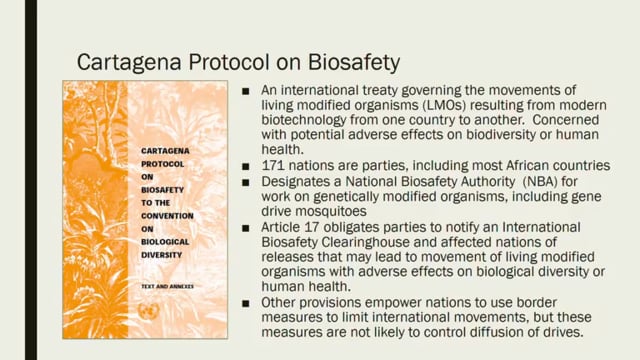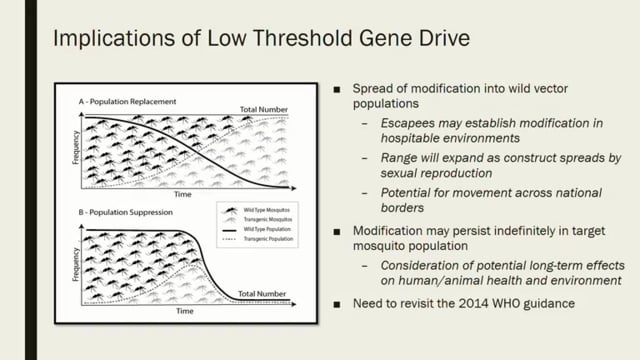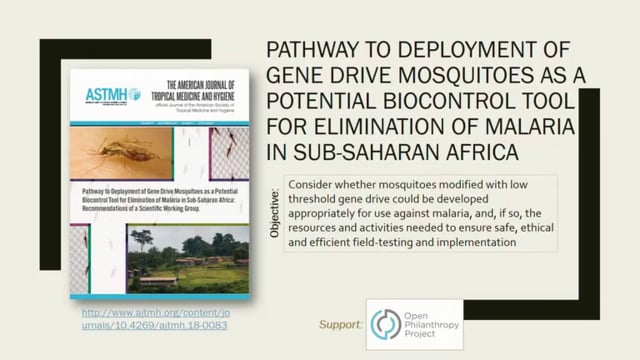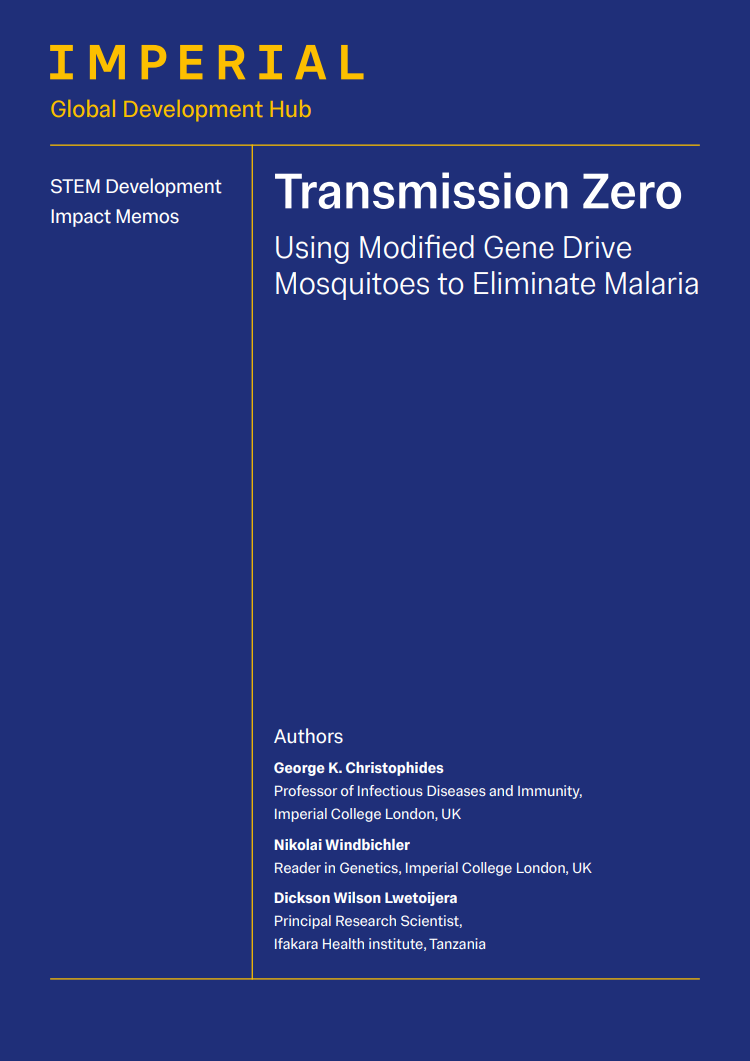ASTMH 2018, Willy Tonui: “Risk assessment and regulatory challenges”
Collaborator(s): Environmental Health Safety Consultancy Ltd., Kenya
Published: 30/10/2018
In collaboration with ASTMH, Image Audiovisuals, and session presenters, MESA brings you this webcast from the 67th ASTMH annual meeting in New Orleans, October 2018
Title: “Risk assessment and regulatory challenges“
Speaker: Willy Tonui, Environmental Health Safety Consultancy Ltd, Nairobi, Kenya
Session information:
October 30, 2018, 10:15 AM – 12:00 PM, Marriott – La Galerie 4/5/6 (2nd Floor)
Abstract:
Despite best efforts using currently available control tools, the 2017 World Malaria Report indicated that recent progress in reducing levels of malaria mortality has leveled off, particularly in Africa. Additional affordable and sustainable tools are needed to achieve malaria elimination. After decades of speculation on how to harness naturally occurring drive mechanisms to insert beneficial traits into vector mosquito populations to control disease transmission, mosquitoes modified with synthetic gene drive systems, such as those based on CRISPR/Cas, are now working in the laboratory. Modeling predicts that gene drive strategies for reducing or modifying vector mosquitoes have the potential to provide a transformative tool for conquering malaria. However, the characteristics of persistence and spread that make gene drive-modified mosquitoes attractive as a durable new control tool have raised concerns about possible ecosystem or health effects that necessitate careful consideration of the product development pathway by researchers, regulators, and funders before field-testing begins. This symposium will review the recommendations of a multidisciplinary working group of international experts in mosquito research, containment/quarantine of exotic arthropods, modeling, epidemiology, clinical trial design, statistics, ethics, regulatory science and policy, which considered the implications of low threshold gene drive systems on the phased testing pathway and best practices for evaluating genetically modified mosquitoes as public health tools that were described in the World Health Organization Guidance Framework for testing genetically modified mosquitoes. Presentations, focused on application of gene drive for reduction of malaria transmission by Anopheles gambiae s.l. mosquitoes in Africa, will describe a testing plan that seeks to maximize safety by incrementally increasing human and environmental exposure to the product. Recommendations for addressing important challenges presented by field testing of gene drive mosquitoes will be discussed. While the recommendations directly relate to malaria transmission in Africa, it is expected that they will be relevant to development of gene drive approaches for other vectors and prevention of other vector-borne diseases.
THEMES: Basic Science | Health Systems | Modeling | Social Science | Vector Control



